The best photoshopped images - and the stories behind them
Sometimes pictures are not all what they seem
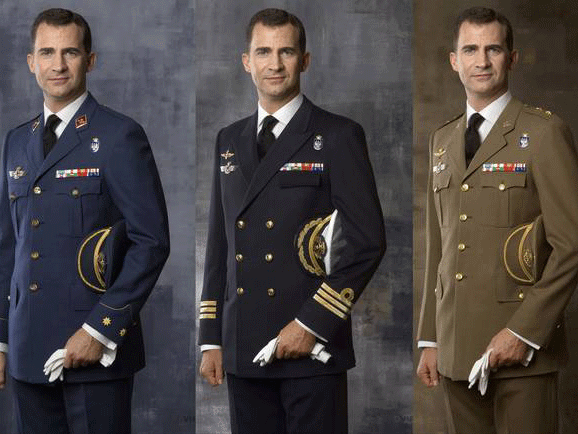
Your support helps us to tell the story
From reproductive rights to climate change to Big Tech, The Independent is on the ground when the story is developing. Whether it's investigating the financials of Elon Musk's pro-Trump PAC or producing our latest documentary, 'The A Word', which shines a light on the American women fighting for reproductive rights, we know how important it is to parse out the facts from the messaging.
At such a critical moment in US history, we need reporters on the ground. Your donation allows us to keep sending journalists to speak to both sides of the story.
The Independent is trusted by Americans across the entire political spectrum. And unlike many other quality news outlets, we choose not to lock Americans out of our reporting and analysis with paywalls. We believe quality journalism should be available to everyone, paid for by those who can afford it.
Your support makes all the difference.As new editions of Photoshop are released and technology improves, the ability of skilled people to manipulate and change the images we see has only improved.
However, even before the invention of computers, altered images have been used to trick, mislead, and spread propaganda.
The altering of images may be a hallmark of totalitarian regimes like Stalinist Russia or North Korea, but even the UK's very own culture secretary has used photoshop to their advantage before.
James Purnell puts himself in the picture
In 2007, former Culture Secretary James Purnell found himself arriving late for a photoshoot in front of a hospital in his constituency.

Not willing to lose out on the photo opportunity, Purnell apparently told the organisers to add him in to the photo.
What resulted was a grinning Purnell hovering to the right of the group of MPs, in a fairly obvious photoshop.
The photo was published in the local press and the fakery got out, prompting jibes from the opposition.
In a fine coincidence, the photo was published just a couple of weeks after he had attacked the BBC for faking some of their phone-in TV compeitions.
Crown Prince Felipe of Spain saves time
There was a scandal in Spain in May 2010, after the release of images of Crown Prince Felipe which were taken after he was promoted to the ranks of Lieutenant Colonel in the Army and Air Force and Frigate Captain in the Navy.
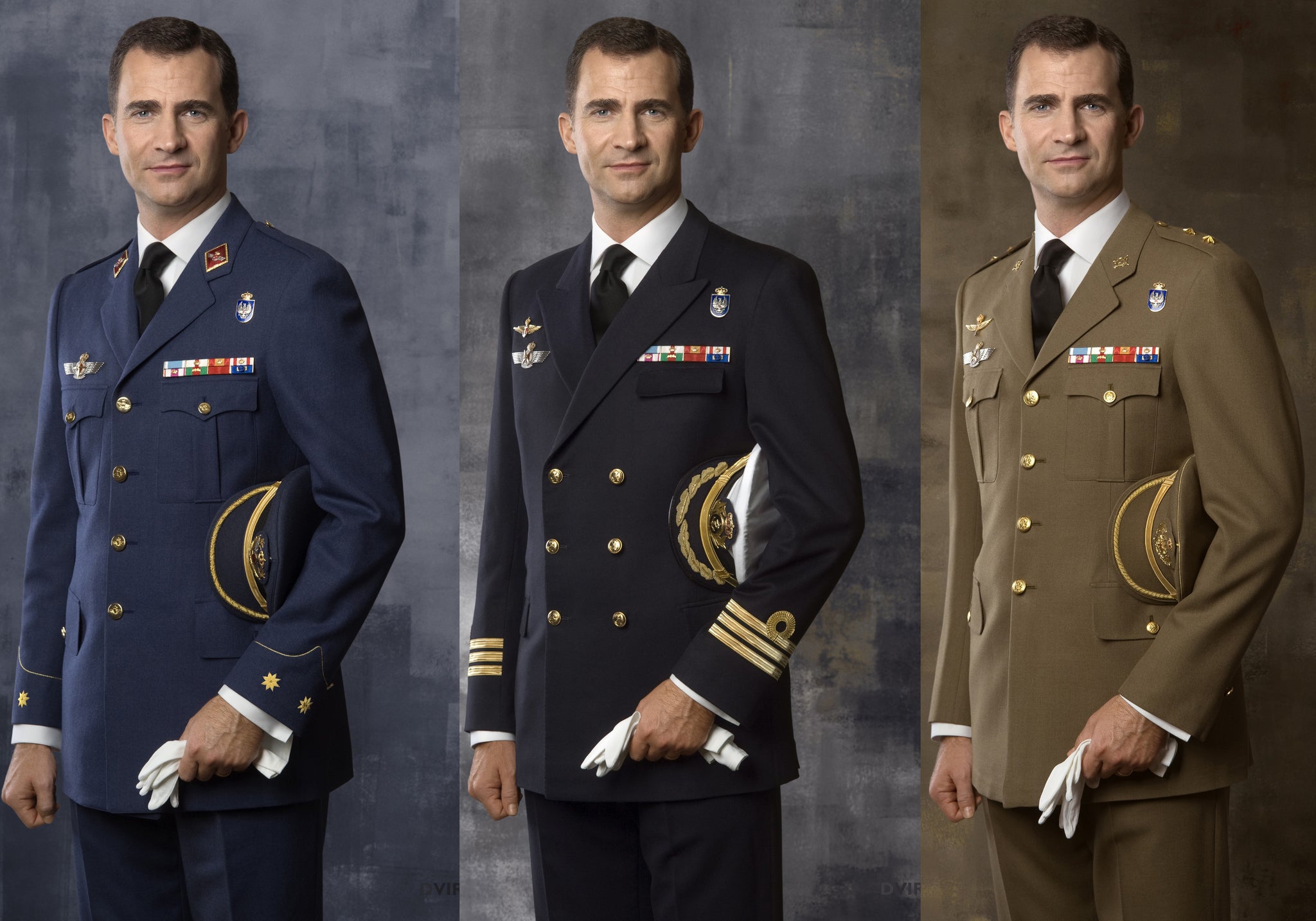
Three different branches of the forces means three different uniforms, but people suspected that the Crown Prince had simply had his head photoshopped on the top of them.
The Palace denied that any fakery occurred, but suspicions continued.
Kim Jong Il's parades
The photoshopped images released by North Korea are far too numerous to list.
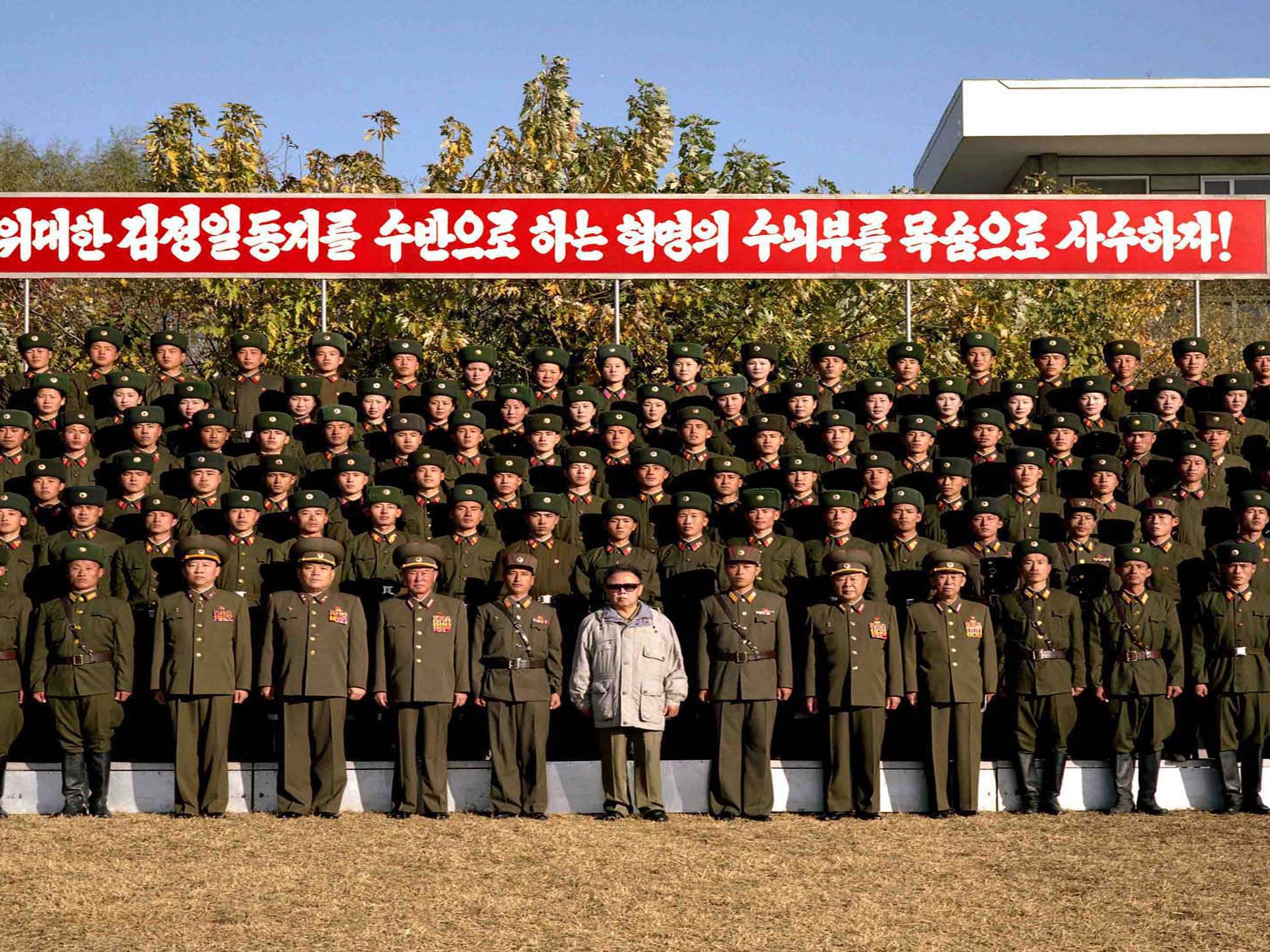
As well as putting the Dear Leader in places where he shouldn't be, possibly due to his ailing health towards the end of his life, North Korea routinely doctored images to show piles of food in bakeries and supermarkets, and animals flourishing on farms.
The Korean Photoshop Army
Another image from North Korea showed the indomitable North Korean forces landing via hovercraft on a beach.
However, things weren't quite as they seemed. When the image was released in 2013, experts said that the mulitple large hovercrafts in the image seemed to be digitally cut and pasted.
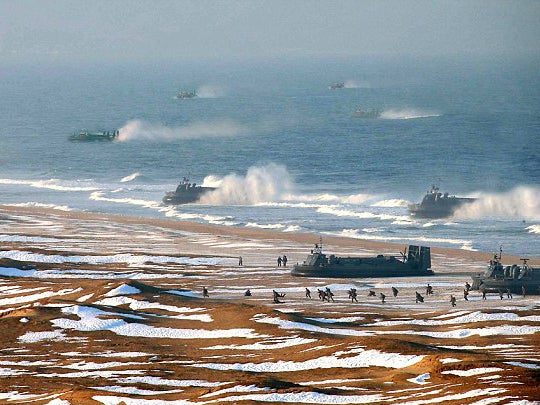
The fact that the crafts showed no wake behind them also raised suspcions that they had been placed there digitally.
When you include reserves and paramilitary forces, North Korea has by far the largest military in the world, so it seems odd that faking extra equipment was neccessary.
Like father, like son
Under Kim Jong Un, North Korea's penchant for doctored photos hasn't declined.
One picture, apparently showing him at the top of Mount Paektu surrounded by adoring fighter pilots, may have been altered to show more people.
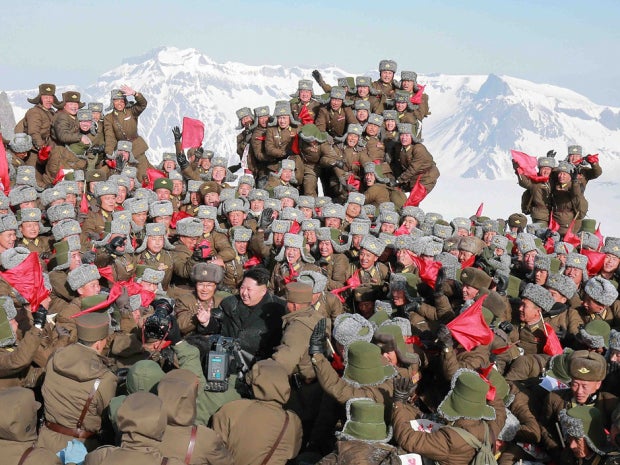
Analysis shows that a large group of pilots at the back, apparently standing on a rock, are missing legs and other limbs, in what looks like a bad photoshop. There's no sign of the rock, either.
Some also expressed doubt that Kim, known to suffer from weight and health problems, could have even climbed the 9,000 foot mountain, as the regime claimed.
The Tourist Guy
This image surfaced shortly after 9/11, and shows a man standing at the top of the World Trade Centre moments before a hijacked plane slams into the tower below him.
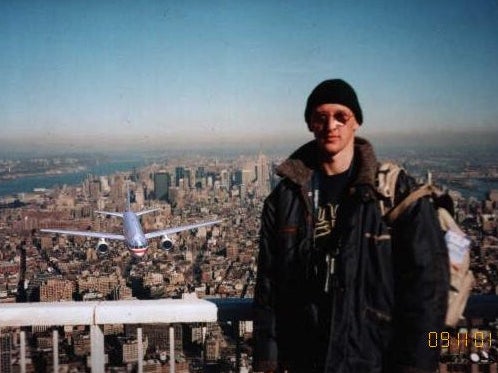
The photo was apparently found on a camera in the wreckage of the tower, but was quickly confirmed as a fake.
The image has since become famous, and the man in the undoctored picture, Peter Guzli, has come forward to say he took and doctored the photo himself.
Stalin's purged picture
Josef Stalin is famous for removing former friends and allies from pictures after they had lost favour with him.
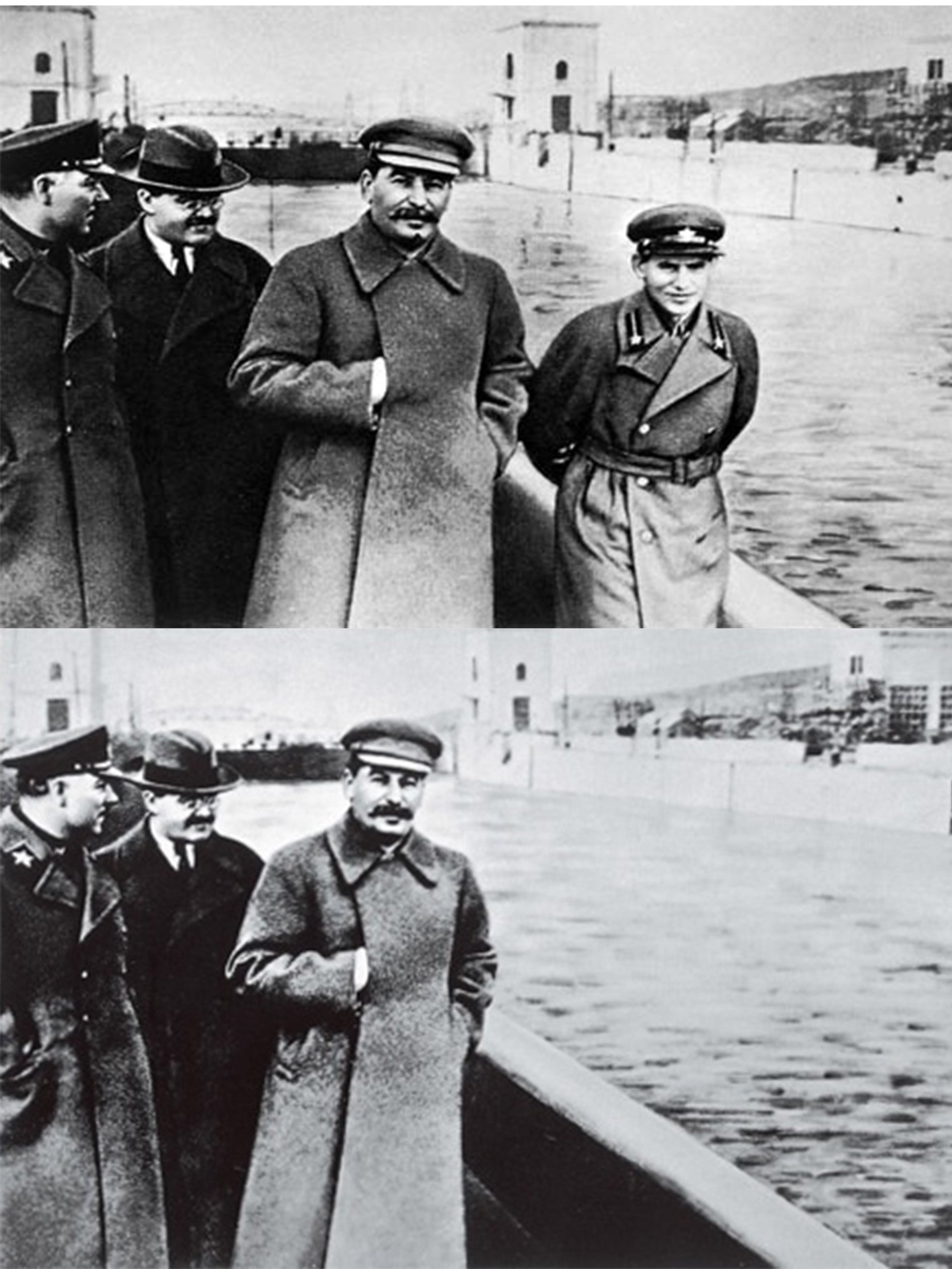
This image shows Stalin with Nikolai Yezhov, his water commisar.
After Yezhov fell from power during the purges he was arrested and killed, and almost removed from history by Stalin's censors.
Helicopter Shark
This image was impossible to get away from on the internet of the early 2000s.
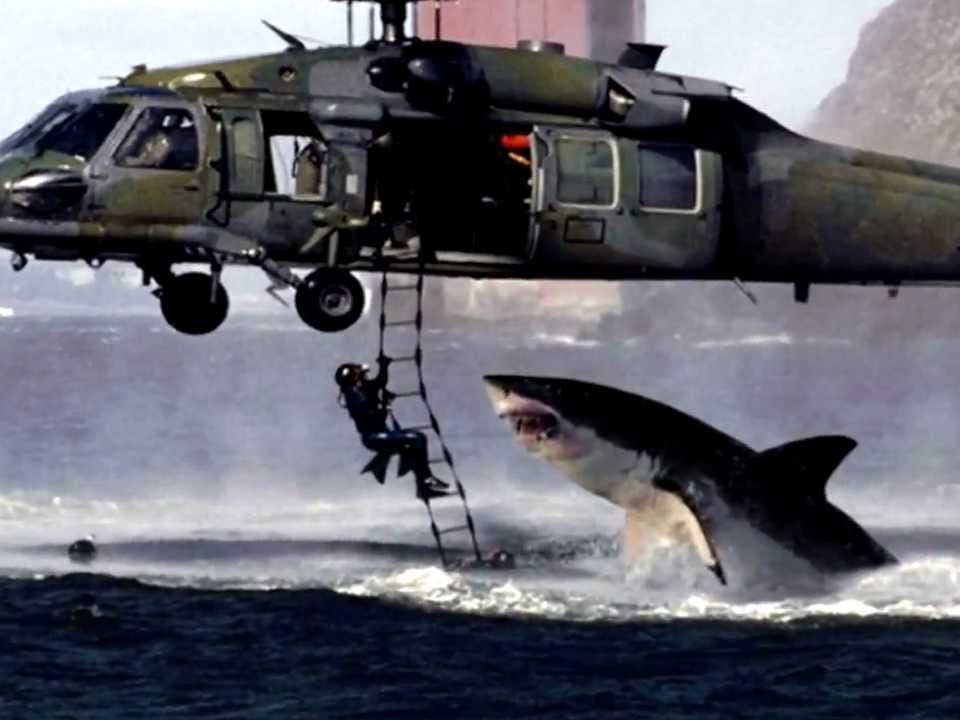
The image was usually circulated by email, often with the false caption that it was National Geographic's photo of the year.
It remains famous to this day, and is probably the best-known early example of an internet meme, in terms of how it was shared, copied and re-purposed over time.
Join our commenting forum
Join thought-provoking conversations, follow other Independent readers and see their replies
Comments